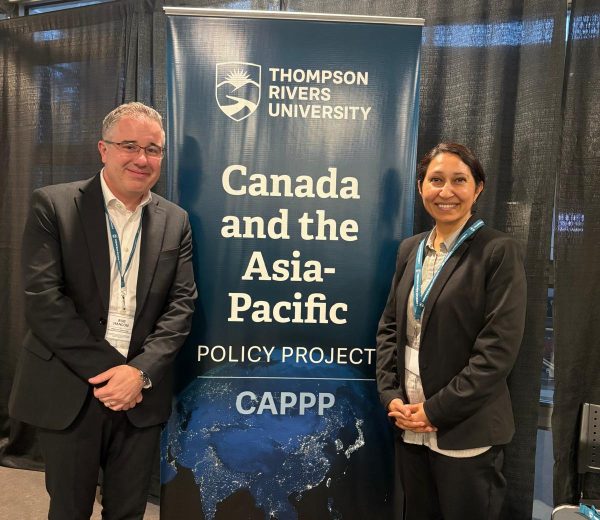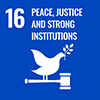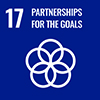Scholars, policymakers and practitioners from across Canada and the Asia-Pacific strengthened ties and shared strategies for addressing emerging security threats during a major international conference hosted by Thompson Rivers University (TRU).
Building Resilience: Canada’s Engagement with the Indo-Pacific on Non-Traditional Security Threats took place Oct. 10–11, 2025, at TRU in Kamloops, B.C. Organized by the Canada and Asia Pacific Policy Project (CAPPP), the event featured two days of interdisciplinary panels that appraised and reimagined Canada’s defence and security priorities in one of the world’s most dynamic regions.
Among the key themes discussed was Western Canada’s growing role as the nation’s Asia-Pacific gateway, highlighting how regional institutions can contribute to global stability and innovation.
Hon. Harjit Sajjan, former minister of national defence, and Dr. Paul Evans, professor emeritus at the University of British Columbia, delivered keynote addresses that underscored Canada’s need for a coordinated and forward-looking approach to the Indo-Pacific.

Pictured left to right: Robert Hanlon, associate professor of politics at TRU and director of the Canada and Asia Pacific Policy Project, and Saira Bano, assistant professor of political studies at TRU.
“Canada’s prosperity and security are increasingly tied to developments in the Indo-Pacific,” said Robert Hanlon, associate professor of politics at TRU and director of the Canada and Asia Pacific Policy Project. “The conference brought together scholars and practitioners to explore how Western Canada, through collaboration and knowledge sharing, can play a meaningful role in addressing complex, non-traditional security challenges.”
Building on this perspective, the conference emphasized the importance of inclusive and interdisciplinary dialogue in shaping Canada’s policy approach.
“This conference demonstrated how collaborative engagement between scholars, practitioners and policymakers can help reimagine security in the Indo-Pacific through inclusive and regionally grounded perspectives,” said Saira Bano, assistant professor of political studies.
The program included discussions on climate change, human security, transnational crime, disaster governance, energy security, cybersecurity and humanitarian assistance. It also created opportunities for mentorship and exchange between experts and students, reinforcing TRU’s commitment to applied learning and global engagement.
As an outcome of the conference, CAPPP will produce a public report outlining recommendations for the Department of National Defence on how security can be reimagined and conceptualized in the Indo-Pacific. A special journal issue is also planned for release next year.
Building on this momentum, TRU will co-host the 5th Annual Indo-Pacific Strategy Forum (IPSF 2025) on Nov. 17, 2025, at Parliament Hill in Ottawa. Presented in partnership with the Institute for Peace & Diplomacy and the School of Public Policy at the University of Calgary, this year’s forum — Renewing Indo-Pacific Strategy in a Deglobalizing World Economy — will bring together senior leaders from government, business and academia to discuss actionable solutions that advance Canadian interests and promote regional prosperity amid global economic uncertainty.
Find out more at peacediplomacy.org.
Thompson Rivers University is leading in sustainability. Learn more about TRU’s contributions to the UN Sustainable Development Goals.




